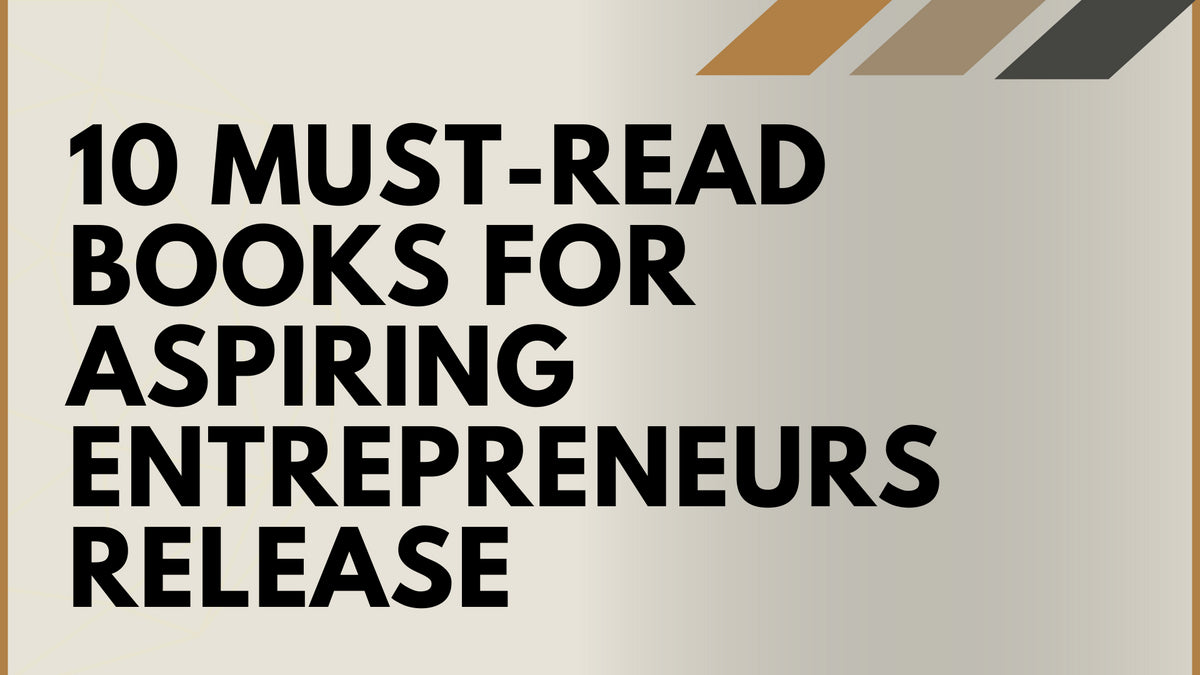Your Cart is Empty
Warren Buffett Book Summary: Life, Lessons and Rules for Success
Listen To This Article
Learn From Warren Buffett
Success is derived from a determined focus on your goals. When Warren Buffett and Bill Gates were asked what is the most important characteristic toward achieving success, both men wrote one word: focus.Our failures should be stepping stones to success. A very common idea that is reiterated in this book by Buffett is how many mistakes he made from investing, and how he learned from these mistakes and made improvements to his strategies going forward.
Warren Buffett Secrets To Success
- How Warren Buffett began investing
- The importance of a having a mentor
- How to identify opportunities in investments
- The importance of taking responsibility as a leader
- How to overcome failures and losses
- His principles of staying focused, efficient, and persistent

Featured In This Review
Warren Buffett
$9
Learn from the most successful investor of all time Warren Buffett. Secrets and Keys to his success.
SHOP NOWWarren Buffett Book Summary
As a child, Buffett always had an entrepreneurial spirit within him. When Buffett was in elementary school, he would sell packs of gum to his classmates, and when he gained enough profits from that, Buffett began selling Coca Cola cans. From this business, Buffett earned enough money to purchase his first stock in Cities Service Preferred at the mere age of 11.
This stock ended up falling almost 29% in its first few months in Buffett's possession. However, Buffett remained patient and watched it rebound as he sold it for a 5% profit. This was foreshadowing of great things to come for the man known as the greatest investor of all time.

At the age of 19, Buffett read the infamous book Intelligent Investor by Benjamin Graham. This opened Buffett's eyes significantly to the world of investing as he proclaimed this book "the best book on investing ever written." After learning that Graham taught at Columbia Business School, Buffett enrolled at that institution to study for his graduate degree under Graham. The founder of Home Depot, Ken Langone, also had a life changing experience in college which he shares in his book I Love Capitalism!: An American Story.
Want to buy a book review like this?
Click here to learn how to get your book reviewed!
Buffett and Graham developed a great relationship, and Graham became Buffett's mentor. Under Graham, Buffett started finding great success in investing. However, plainly stating that Buffett found great success is an understatement. Throughout his tenure in college, Buffett made over $100,000, which would be worth approximately 1 million dollars today. For more on creating a business on your own read the book The Million Dollar One Person Business.

After college, Buffett worked on Wall Street as an investment salesman for a few years before starting a partnership with a few friends and family. Buffett would utilize Graham's strategies of value investing to buy and sell his investments. By the end of his tenure, he had opened up 7 partnerships, which he later merged into one called Partnership Limited. From this, he had already made himself a millionaire at the age of 30. Another young success is Michael Masterson who tells his story and strategies in his book Ready Fire Aim.
During his time at Partnership Limited, Buffett bought an aggressive amount of stock in a textile company called Berkshire Hathaway, motivated to own the company and change the management. Buffett did just that, and he discovered that the dying textile industry was not an ideal place for this company. Instead, Buffett transformed the business into a holding company. If pivoting, innovating or expanding a business is of interest, you’ll want to read The Innovator’s Dilemma.

This turned out to be the best move for Buffett and the business. As it began investing in small stocks, it grew steadily as a profitable holding company. Now, with Buffett's leadership, Berkshire Hathaway is the number 1 holding company in the world. Ironically, however, is the fact Buffett states that investing in Berkshire Hathaway was "the dumbest stock I ever bought."
Even the best fail. Buffett admits his wrongdoings without shame or embarrassment because he knows these failures helped him adapt his strategies to adhere to his personal strengths. This is something that Jocko Willink fully supports and talks about in great length in his book Extreme Ownership.
Buffett has lost billions of dollars for himself and his investors in wrong investments. His worst to date was an investment in a shoe company called Dexter's Shoe Company, where Buffett saw a profitable upside. However, as it turns out, Dexter's cheap imported foreign shoes turned out to be a disaster for Buffett and its shareholders as it lost Buffett almost 3.5 billion dollars. The book Antifragile is all about using failures to build better. That is what Warren Buffett through and through.

Buffett has since established firmly his popular phrase: “Rule number 1: never lose money. Rule number 2: never forget rule number 1.” This point is discussed in great detail in the amazingly entertaining rollercoaster book What I Learned Losing a Million Dollars.
Buffett’s life is a lesson in itself. He is a model that we should all strive to imitate. Throughout his life, Buffett would establish a goal, and then he would work tirelessly to accomplish that goal. As supported by Napoleon Hill in his book Think & Grow Rich.
Buffett’s life is inspirational in so many ways, and he is still inspiring people like me today. His principles of staying focused, efficient, and persistent should remain with you throughout your life’s highs and lows. Ultimately, the lessons in this book can be applied to any area of interest in life because they apply to more than just investing, they apply to life as well.
Buffett beginning his investing track record so early is comparable to Bill Gates beginning his computer activities at a young age. Both men are what Malcolm Galdwell wrote about in his book Outliers. Malcolm helps define how success happens.
About The Author
This book was written by a company called "Influential Individuals." This company contains a multitude of high-class authors who devote themselves to the company's mission. Established just 3 years ago in 2017, the company has already published 10 books about entrepreneurs, athletes, and leaders all around the world including Oprah, Lebron James, and Jeff Bezos.As a business, their goal is to learn from the world's elite in a path to inspire success. The company prides itself in taking the best AND worst from these peoples' lives in an attempt to better understand the sacrifices and struggles to achieve ultimate success. In the end, "Influential Individuals" has dedicated itself to the reader's well-being, whether that be gaining experience and knowledge on a subject of interest, or plainly aiding them in life's future endeavors.
Want to buy a book review like this?
Click here to learn how to get your book reviewed!
Leave a comment
Comments will be approved before showing up.
Also in Books

The Best Books for Google Analytics 4 (GA4) Training
Unlock the secrets of Google Analytics 4 with our curated list of the best GA4 training books for 2023! Dive deep into actionable insights, master advanced techniques, and lead the digital analytics revolution. Don't get left behind; discover the ultimate resources to dominate GA4. Click now to elevate your skills!
Read More
10 Must-Read Books for Aspiring Entrepreneurs
Do you dream of starting your own business? If so, you need to read this article! We've compiled a list of 10 must-read books for aspiring entrepreneurs. These books will provide you with the knowledge and inspiration you need to turn your dream into a reality. Click here to read the article and learn more!
Read More
Top 15 Books on Personal Finance
Are you looking for a safe and informative place to learn about personal finance? If so, you've come to the right place! This article discusses the top 15 personal finance books on the market, all of which are sure to help you improve your financial situation without any explicit sexual descriptions or that is sexually suggestive in nature or is primarily intended to cause arousal.
Read More